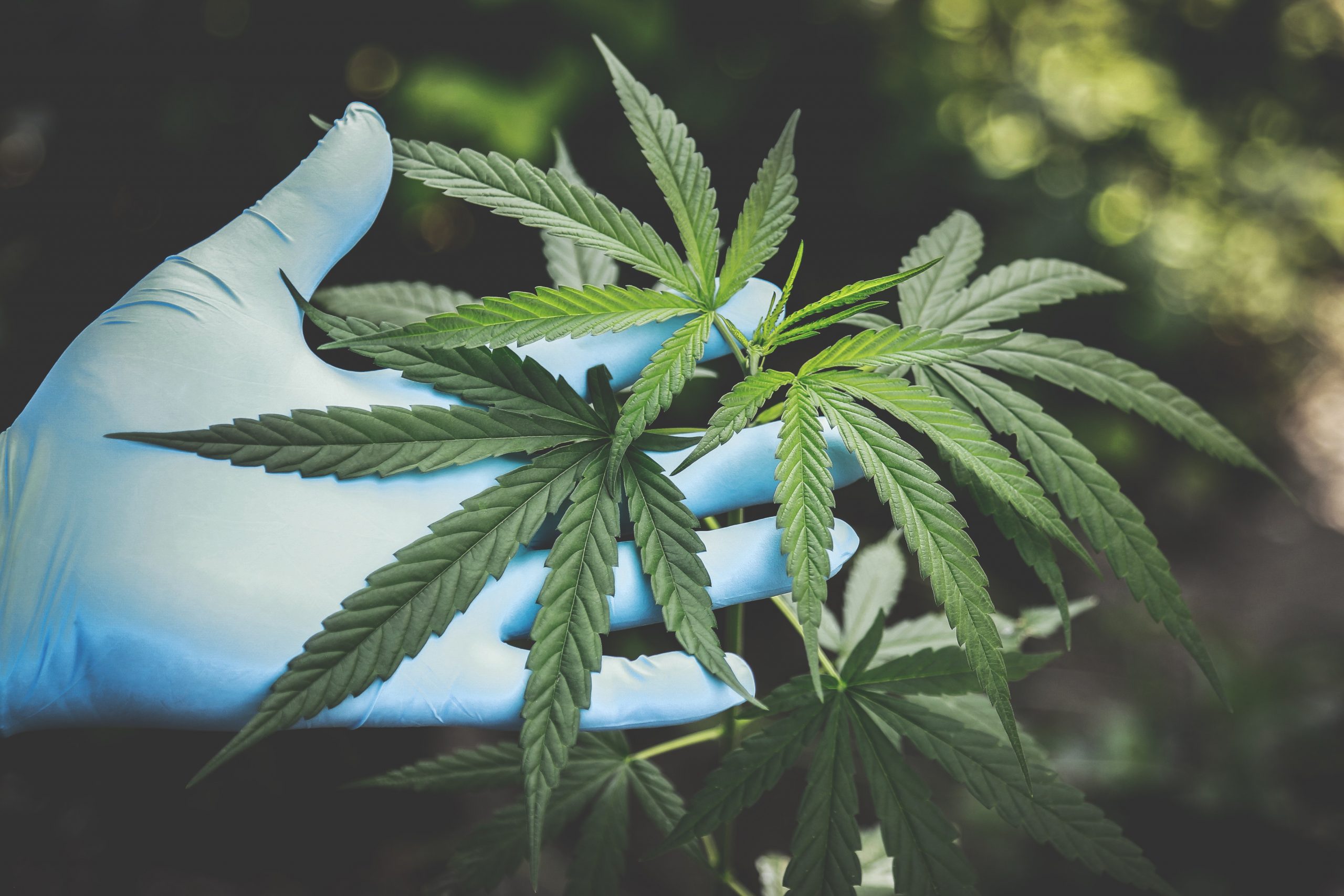
Does CBD Improve Exercise Recovery?
Research on CBD supplementation shows some positive effects on anxiety, chronic pain, and insomnia. But what about CBD supplementation for exercise recovery? New research sheds some light on this application for CBD supplementation.
CBD, or cannabidiol, is the second most prevalent active ingredient in cannabis (marijuana). One of hundreds of components in marijuana, CBD does not cause a “high” by itself and is legal in all 50 states.
While CBD has had a LOT of hype over the past few years and shows some positive effects, currently (as with SO many supplements) the hype does not exactly meet what the data has shown.
It’s simply important to keep in mind that as of today, much of the research on CBD has been performed on animal models so without sufficient high-quality evidence in human studies, we can’t draw black or white conclusions or pinpoint effective doses, and because CBD currently is typically available as an unregulated supplement, it’s hard to know exactly what you are getting.
There are reasons to have “high hopes” (I couldn’t help myself) for CBD supplementation nonetheless. Right now there is emerging evidence that CBD relates to the following outcomes: Neuroprotection, pain, exercise-induced gastrointestinal damage, bone health, cardiovascular and metabolic function, thermoregulation, cognitive and psychomotor function, food consumption, immune function, anxiety, and sleep
Anyways, let’s reel it in. This present study sought to see if CBD as an impact on exercise recovery. Let’s see what they found!
Overview
The purpose of this study was to assess the effects of single-dose CBD supplementation on muscle damage and performance recovery 24, 48, and 72 hours after a strenuous workout including squats and drop jumps.
A total of 21 subjects were recruited for this study (only 16 finished) and had been resistance training for at least one year.
Participants completed 6 different experimental conditions, which allowed the researchers to assess the effects of post-exercise CBD supplementation (60mg) on blood markers of muscle damage (creatine kinase and myoglobin) and recovery of strength and power performance (squat 1RM and countermovement jump height) at each post-exercise interval in comparison to a placebo.
Findings
A significant difference (p < 0.05) between-group difference was observed at 72 hours; squat 1RM values in the CBD condition were 1.3kg higher than baseline, whereas values in the placebo condition were still 2.0kg lower than baseline.
There was also a significant difference between groups at 72 hours for both creatine kinase and myoglobin, with lower values observed in the CBD condition compared to the placebo condition.
All-in-all CBD supplementation led to lower levels of muscle damage biomarkers and greater squat 1RM values (but not countermovement jump heights) 72 hours after exercise. Supplementation didn’t significantly impact any outcomes in the 24-48 hour time frame.
With this study we now have some evidence that CBD can modestly facilitate recovery, but the evidence remains mixed and inconclusive when we look at the whole body of research.
References